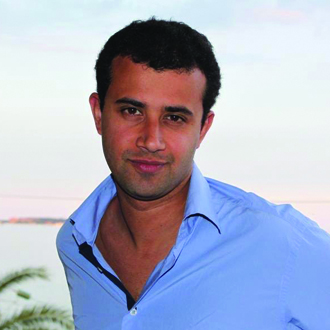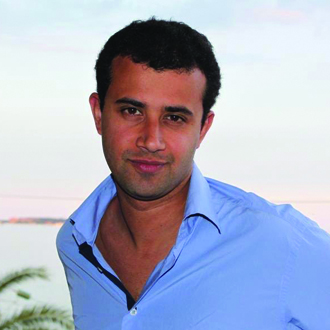
Sugar is finally getting the publicity it deserves. We are becoming increasingly aware of the role that sugar plays in obesity, type 2 diabetes, heart disease, strokes and even cancer. As a GP in Tower Hamlets, I have seen the devastating effects of the obesity epidemic, with a significant number of our patients developing type 2 diabetes years before the national average age of onset.
However, we should have been having this conversation decades ago. One of the reasons that this did not happen is that the sugar industry funded research favourable to their interests. It has gradually emerged that the industry corrupted research on nutrition in order to deflect blame on to fat.
During the 1960s, a debate was raging as to whether sugar or saturated fat was more important in causing heart disease. The sugar industry fought back and enlisted Harvard researchers, paying them to produce a selective review demonstrating that sugar was less important than saturated fat in causing heart disease. As a result, the debate died down and low-fat (high-sugar) diets took off, which many experts now blame for the obesity crisis. Post-1980, obesity levels in the US and UK skyrocketed.
It was an enormously successful sleight of hand; one reason being that it appeared deceptively intuitive that fat makes you fat. As a result, several generations of medics and healthcare professionals – mine included – were taught that saturated fats were the main culprit behind the obesity epidemic. Similar tactics were employed by big tobacco and big oil respectively in debates surrounding smoking and climate change.
It was not the only time that the sugar industry manipulated the science. Studies showing the harms of sugar on cardiovascular health in rats were withheld. US government guidelines on tooth decay also pushed alternative methods to eating less sugar, such as breaking up dental plaque.
I had studied years of medicine and the fact that sugar was problematic had simply been glossed over
I recall when I had my epiphany on big sugar. Several years ago, I was standing by the fridge guzzling fruit juice when my girlfriend pulled me up on this. She pointed out that your average supermarket bottle of fruit juice was packed with added sugar – it has been reported that some bottles contain 8 added teaspoons of sugar. At the time, my instant reaction was to arrogantly reject this. After all, I had studied years of medicine and the fact that sugar was problematic had simply been glossed over.
Of course, she was right. She had previously worked as a personal trainer and had studied nutrition in greater detail than the requirement at medical school. It would later strike me as a remarkable omission – one of many – in the medical curriculum.
In response to falling sales of soft drinks in advanced economies, the food and drinks industry is aggressively opening up new markets in the global south. It is also fighting back by influencing policy-making and nutrition guidelines. In 2015, The New York Times reported that Coca Cola has focused on the concept that exercise is more important than dietary intake in battling obesity. In fact, experts believe that the opposite is true with exercise less important than consumption. Coca Cola has teamed up with influential scientists to propagate this message through medical journals, at conferences and on social media. Other food and drinks giants have also paid dietitians as well as formed partnerships with health organisations.
We are accustomed to thinking of medicine as a hallowed clinical science insulated and impervious to the vicissitudes of reality. In fact, I have gradually become aware that the German physician Virchow’s dictum is spot on: ’Medicine is a social science and politics is nothing else but medicine on a large scale.’
The practice of medicine, the design of healthcare systems and population health are all significantly influenced by social, political and economic factors. Scientific research needs to be publicly funded in a transparent way rather than through industry interests. We will also have to combat corporate capture of policy making through regulatory capture, lobbying and the revolving door.
Dr Youssef El-Gingihy is a GP in east London

















